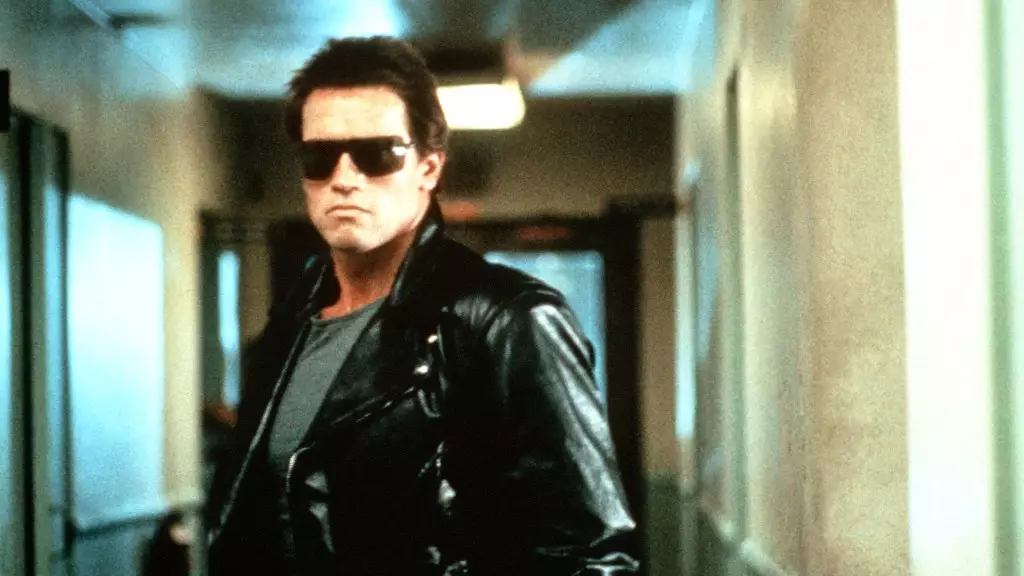As the iconic film The Terminator celebrates its 40th anniversary, its director, James Cameron, takes a moment to reflect on the work that launched both his career and that of Arnold Schwarzenegger into the cinematic stratosphere. Despite its status as a cult classic, Cameron brings a refreshingly candid perspective to the film, admitting that while it holds emotional significance, there are aspects that have aged poorly. His willingness to critique his own early work not only showcases his growth as a filmmaker but also emphasizes the impermanence of cinema and its evolving standards.
In a recent interview with Empire, Cameron characterized certain segments of the film as “pretty cringeworthy,” specifically pointing to its production value. This acknowledgment serves as a reminder that filmmaking is intrinsically tied to the technological capabilities of its time. Cameron noted that while he doesn’t necessarily find fault with the dialogue he wrote, there is an apparent dissonance between what he tolerates and what others might find outdated. His self-awareness and openness to critique reveal a nuanced understanding of film as an art form that must adapt to new conventions and audience expectations.
One of the more interesting points Cameron raises relates to the dialogue. While he feels a certain degree of disconnect with the audience’s reaction, suggesting that his “lower cringe factor” diverges from wider public sentiment, it puts him in a position to defend his work effectively. His challenge to critics—pointing out his success with multiple box office hits—further emphasizes his belief that commercial viability can coexist with creative expression. It raises an intriguing conversation about the nature of cinematic dialogue and its evolution over the decades.
Cameron recalls his early days as a director, modestly describing himself as “just a punk starting out” at the age of 29. This sense of nostalgia illustrates how The Terminator not only marked the beginning of a storied career but also laid the foundation for an expansive franchise. The film, originally grossing over $78 million worldwide, became the catalyst for sequels and spin-offs that continue to explore its inventive premise. This legacy is both a source of pride and a reminder of the importance of continual evolution in storytelling.
Ultimately, James Cameron’s reflections on The Terminator illuminate a paradox that many artists face: the struggle between appreciating one’s artistic roots and recognizing the imperfections that come with early work. While he holds the film dear for its role in his career, his critique highlights an essential truth in filmmaking: not everything will age gracefully, and that’s perfectly acceptable. His observations not only resonate with fans of the franchise but also serve as an important lesson for emerging filmmakers navigating their own careers in an ever-changing landscape.


Leave a Reply